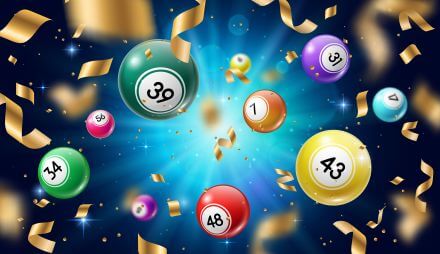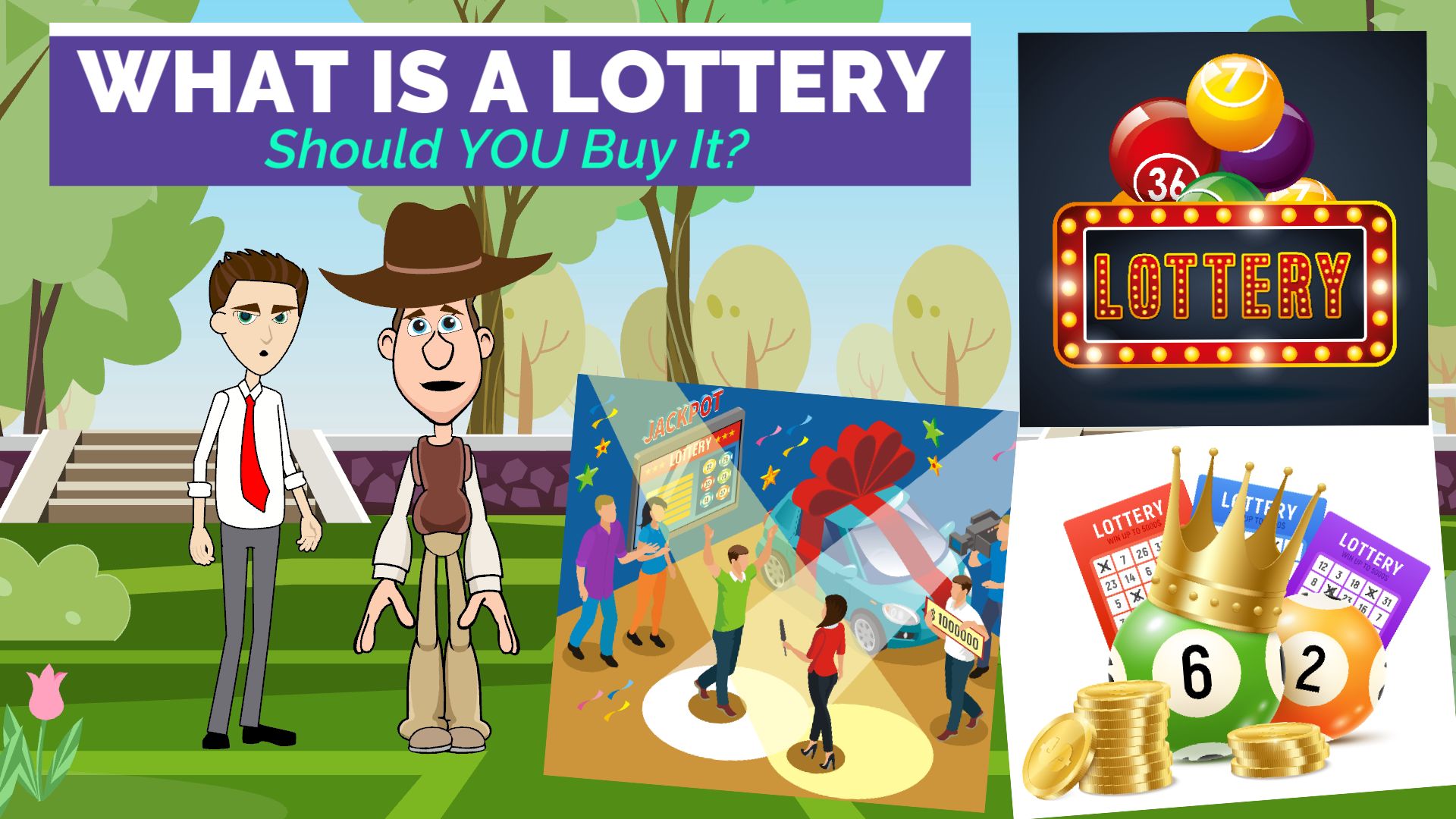Introduction to Lottery for Kids and Teens
This video explains the concept of a lottery in a simple, concise way for kids and beginners. It could be used by kids & teens to learn about lotteries, or used as a money & personal finance resource by parents and teachers as part of a Financial Literacy course or K-12 curriculum.

Suitable for students from grade levels:
- Kindergarten
- Elementary School
- Middle School
- High School
The topics covered are:
- What is a lottery
- How much does it cost to buy a lottery ticket
- Why are lotteries run by governments
- Are there different types of lotteries
- Should you buy lottery tickets
What is a lottery?
A lottery is a game of luck where winners get selected through a random drawing.

Financial lotteries, often run by state or federal government, are similar to gambling where multiple people buy tickets for a small price in order to have a chance of winning a huge sum of money, sometimes running into millions of dollars.
How much does it cost to buy a lottery ticket? And why are lotteries run by governments?
Generally, lottery tickets are very inexpensive – they usually cost only a dollar or two. But if you buy lottery tickets regularly, then these seemingly small amounts can quickly add up.
Lotteries generate revenue for the state through ticket sales and tax on winnings – this is often used to fund education or infrastructure projects.
Are there different types of lotteries?
Yes. The most popular type of lottery is lotto, where you buy a ticket for say $2 and pick a series of numbers. Depending on how many of your numbers match the winning series picked randomly by a machine, you have a chance of winning a jackpot.
Powerball and Mega Million are the most sought after lottos.
Another popular type of lottery is a scratch-off ticket where you scratch off a card to reveal the result, and instantaneously find out if you won.
Should I buy lottery tickets?
Buying lottery tickets is a huge waste of money.

You are more likely to become the president of the US, be struck by lightning, killed by a vending machine, or get attacked by a shark, than win any of the most popular lotteries. The odds of winning Powerball are one in 292.2 million and that of Mega Million are one in 302.6 million.
In the absolute rare chance that you win, there are huge tax implications – sometimes up to half of the winnings might need to be paid as tax. And often, those who win go bankrupt in a couple of years.
Americans spend over $80 Billion on lotteries every year – that is over $600 per household. As per the Fed, 40% of Americans scramble to have even $400 in emergency funds!
So instead of buying lotteries, this money should be used to build an emergency fund or pay off credit card debt.
Download Transcript: Ideal for Use by Teachers in their Lesson Plan to Teach Kids & Teens
Podcast: What is a Lottery
Fun, informative and concise episodes by a 10-year old, breaking down complex financial concepts in a way that kids and beginners can understand. Episodes cover personal finance topics like saving, investing, banking, credit cards, insurance, real estate, mortgage, retirement planning, 401k, stocks, bonds, income tax, and more, and are in the form of a conversation between a cowboy (a finance novice) and his friend, a stock broker. Making finance your friend, only at Easy Peasy Finance.
A little bit about me: I have been fascinated with the world of personal finance since I was 6! I love to read personal finance books, and keep myself updated on the latest by reading various personal finance magazines. My friends often ask me questions about finance because they find it complex and intimidating. That’s what inspired me to start my YouTube channel called Easy Peasy Finance when I was 8, and this podcast 2 years later.
Everything you need to know about a lottery: What is a lottery, How much does it cost to buy a lottery ticket, Why are lotteries run by governments, Are there different types of lotteries, Should you buy lottery tickets, and more. Show notes and transcript at: What is a Lottery? A Simple Explanation for Kids, …



What a wonderful job! Excellent video and article about what a lottery is. Awesome!,
Thank you so much, Carlos!